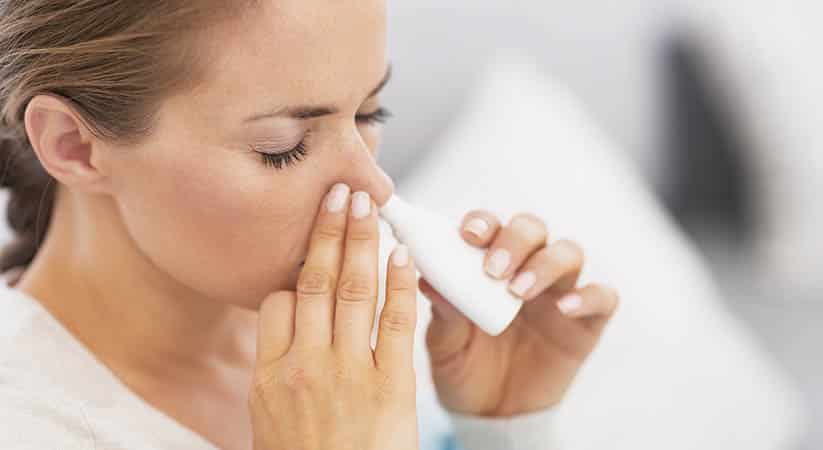It is a common yet very serious sleep disorder about which people were not much aware of unless sleep centers shared their studies to spread awareness among people. In this disorder, breathing process repeatedly stops while you are asleep and it may happen for quite a several times per night and at any time. However, it happens multiple times even in one hour which obviously affects the quality sleep.
Know about sleep apnea
If you are used to snore very loudly and not feel refreshed even after a full night’s sleep then your body is very much prone to having this disorder. This is a first sign in your body which should make you alert to consult your sleep apnea doctor instead of just ignoring the fact. It is because when the breathing process stops, it forcefully awakens your brain out of deep sleep to make your body start the breathing again. When this happens again and again then definitely you would not get a quality sleep enough and of course your fatigue level would also be very high in the morning time. As per sleep centers, this leads to even several other medical issues along with depression, anxiety and anger problems.
Types of Sleep Apnea
There are three types of the sleep apnea disorder:
- Obstructive Sleep Apnea
- Central Sleep Apnea
- Mixed or Complex Sleep Apnea
Out of above three, one often goes unrecognizable as per sleep apnea doctors which is obstructive one. Let’s discuss them one by one to know more about them,
- Obstructive Sleep Apnea (OSA)
It is the most common type of this disorder and the symptoms often left unnoticeable without any treatment, claims the sleep centers.
Symptoms: It is caused by partial or complete blockage of airways while you are asleep when the air is restricted to move beyond the obstruction reducing the blood flow to brain and make you wake up to breathe again. You might experience the loud snoring, gasping, choking or other snorting sounds due to the deep breathing you do for not waking up again. Other few symptoms could be excessive daytime sleepiness, morning headaches, restless sleep, irritability and frequent breaks in breathing.
Causes: Obesity, enlarged tonsils, smoking or alcohol usage and of course if you having family history for this disorder, it is very much possible that you suffer from the same as well.
Treatment: Positive airway pressure (PAP) therapy with either continuous, automatic or bi-level ways, medications or surgery (in severe cases).
- Central Sleep Apnea (CSA)
It is the failing of brain to signal your body muscles for breathing due to instability in the respiratory control center. It is very less common than OSA when your brainstem is affected that needs to be treated for sure.
Symptoms: Breathing stops or irregularity, difficulty in thinking process or concentrating on anything, frequent mood swings or snoring. However, these symptoms come along with some similar symptoms of OSA sufferers like excessive daytime sleepiness, shortness of breath while you are asleep, chronic fatigue, restless sleep and morning headaches.
Causes: If you have some heart diseases or you are taking certain medications that have narcotic painkillers in it, you have some medical issue that may result in affecting your brain stems, you have Parkinson’s disease, if you are obese are all the common causes of this disorder and it is possible you might catch central sleep apnea very easily.
Treatment: Treating existing medical issues with medicines having least side effects, continuous or bi-level positive airway pressure therapy, Phrenic nerve stimulation, Adaptive-servo ventilation and medications.
- Mixed or Complex Sleep Apnea
It is the combination of both OSA and central sleep apnea disorders. It may happen when you are getting treated for OSA and then the symptoms of CSA show up.
It is not very easy to diagnose this state as many patients who get continuous PAP therapy are said to be having free from obstruction completely but still face breathing issues during sleep. This is when you get an alert of having complex disorder instead of OSA and you need to talk to your sleep clinic Frederick, again about your treatment.
Treatment: Continuous PAP therapy is still a best option for complexed disorder but in failed cases, you may go for bi-level PAP therapies or adaptive servo ventilation.



